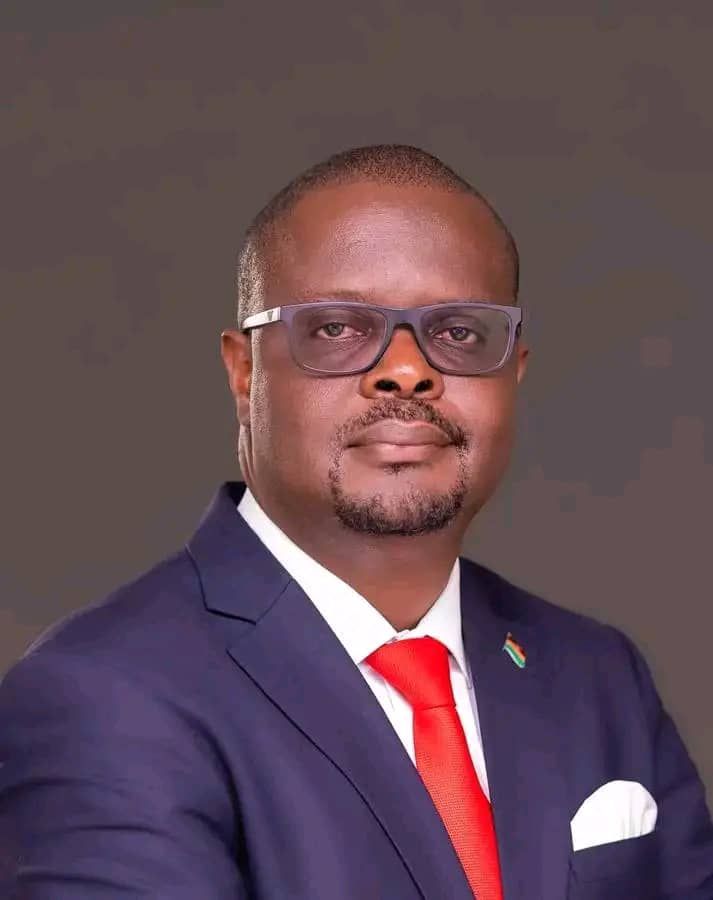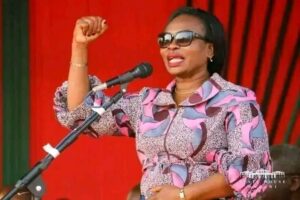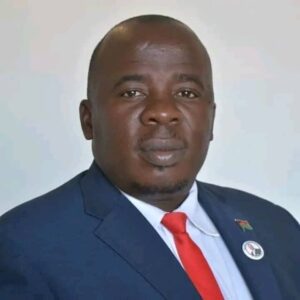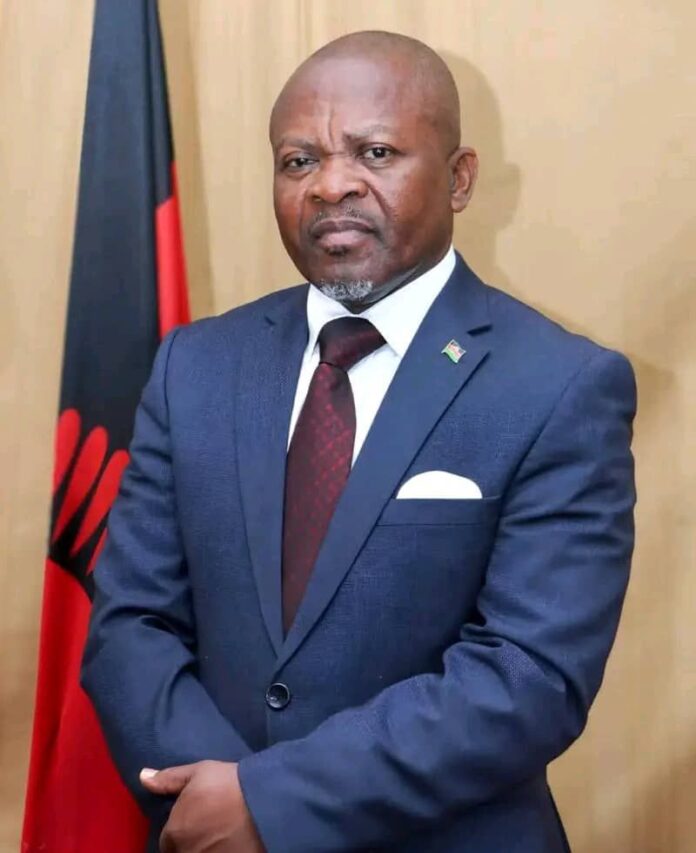By Burnett Munthali
As Malawi moves closer to the highly anticipated 2025 Tripartite Elections, political discussions are gaining momentum across the nation.
Among the most pressing questions dominating conversations is who President Lazarus Chakwera will choose as his running mate.
This decision carries enormous political weight, not only for the Malawi Congress Party (MCP) but also for the Tonse Alliance and the direction of national leadership.
Following the tragic passing of Vice President Dr. Saulos Klaus Chilima in 2024, there is a vacant position that must be filled with wisdom, strategy, and national appeal.
Chakwera’s choice of a running mate could determine the outcome of the next election and shape Malawi’s future governance.
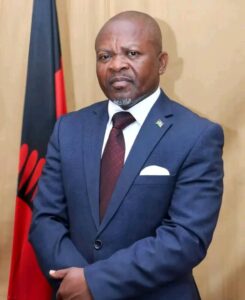
Four names have emerged as front-runners in the ongoing political debate.
These are Engineer Vitumbiko Mumba, Minister of Local Government Richard Chimwendo Banda, Speaker of Parliament Catherine Gotani Hara, and Minister of Tourism Dr. Michael Usi.
Each of these individuals brings a unique blend of experience, political influence, and regional representation to the table.
Let us take a closer look at each of these potential running mates and assess what they offer to President Chakwera’s 2025 campaign.
Engineer Vitumbiko Mumba is widely respected for his technocratic approach and background in engineering and development.
He represents a fresh, youthful perspective that may resonate well with Malawi’s younger population.
Mumba has been active in national development initiatives and is known for his calm, thoughtful leadership style.
He does not come with significant political baggage, which could make him a unifying and non-controversial figure within the alliance.
However, some argue that his limited experience in frontline politics might be a disadvantage in a high-stakes election.
Dr. Michael Usi, on the other hand, is a household name across Malawi due to his strong background in the arts, media, and now politics.
As Minister of Tourism, Culture and Wildlife, Usi has showcased energy, creativity, and a passion for service delivery.
He is also Vice President of the UTM, a key Tonse Alliance partner, and has experience working alongside the late Vice President Chilima.
His appointment could help solidify the alliance’s relationship with UTM supporters and maintain the coalition’s political balance.
Critics, however, question his consistency in political messaging and his ability to withstand pressure from opposition forces.
Catherine Gotani Hara stands out as the current Speaker of Parliament and a symbol of female leadership in Malawi.
She was the first woman in Malawi to serve in that capacity and has been lauded for her parliamentary reforms and assertiveness in upholding democratic values.
Choosing her would be a bold statement on gender equality and might attract a large number of female voters.
Gotani Hara’s roots in the north could also enhance regional balance in Chakwera’s ticket, especially if regional representation becomes a decisive factor in the next polls.
Nonetheless, some believe her low public profile outside Parliament could limit her electoral appeal among the masses.
Richard Chimwendo Banda, popularly known as the “bulldozer” of MCP politics, is a vocal and passionate political figure.
Currently serving as Minister of Local Government, he has grassroots appeal, particularly in central Malawi.
Chimwendo Banda has been instrumental in mobilizing support for the MCP and is often seen as a loyal defender of the President.
His political stamina and organizational skills make him a strong campaigner.
Yet, concerns about his perceived aggression and partisanship could affect his suitability for a national unifying role like the vice presidency.
President Chakwera’s ultimate decision must strike a delicate balance between political strategy, public trust, and alliance dynamics.
The choice must not only consolidate the Tonse Alliance but also appeal to ordinary Malawians seeking visionary leadership and national unity.
Beyond personality and loyalty, the chosen running mate must embody integrity, competence, and readiness to serve the nation selflessly.
As the political climate continues to evolve, all eyes remain fixed on President Chakwera.
His decision could redefine the 2025 election narrative and either strengthen or fracture the existing political framework.
Malawians await this crucial announcement with great anticipation, knowing that it could significantly influence the country’s political direction in the years to come.
